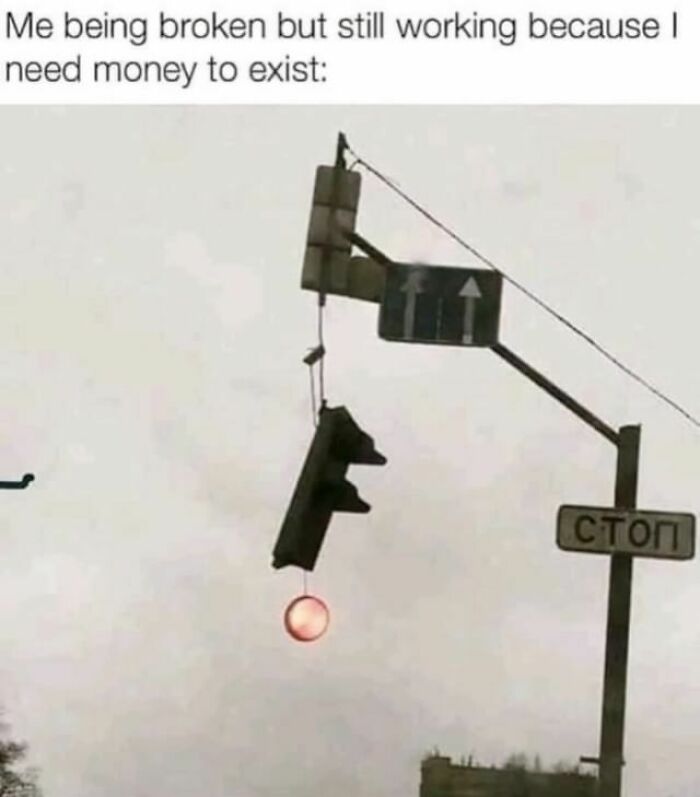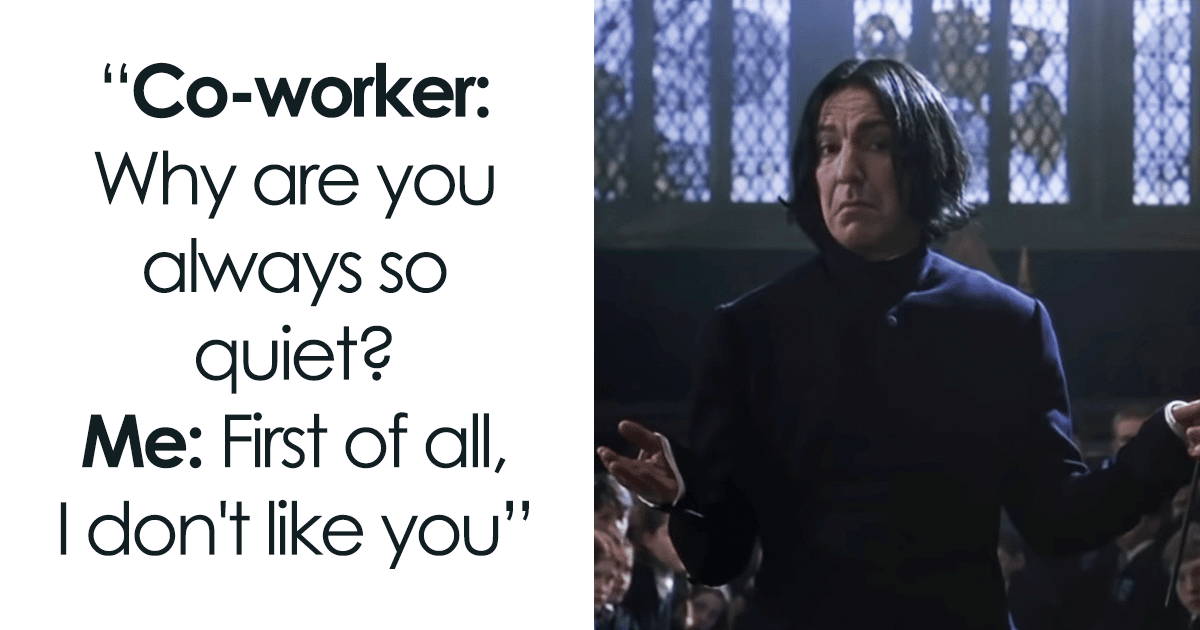Many of us want to be alone with our hobbies and thoughts for a while. There is nothing wrong with that. You might have been invited to a party by your friends and colleagues, but you are currently binge-watching and eating a lot of junk food. After a long week, you’ll meet up with your friends again.
Some can relate to the moments of social burnout, isolation, and sometimes even a wariness of opening up to others. We had to deal with the seemingly endless lockdowns over the past couple of years. There is a metric ton of digital humor that is bound to make you laugh and smile because the jokes are too close to home.
The things running through our heads as we go about our day-to-day lives, and how we sometimes feel that it’s all a tad too much and that we’d prefer life to slow down just a tad, thank you very much. Don’t forget to vote for the meme that you liked the most. We would love to hear your thoughts on which of these pics are related to you the most.
We reached out to Maria and Lide, administrators of the anti-social meme page, as well as Suzanne Degges-White, a professor at the Department of Counseling and Higher Education at Northern Illinois University. Read on for the interviews about the history of the page, extroversion, and why it isn’t the same as being introverted.
1.
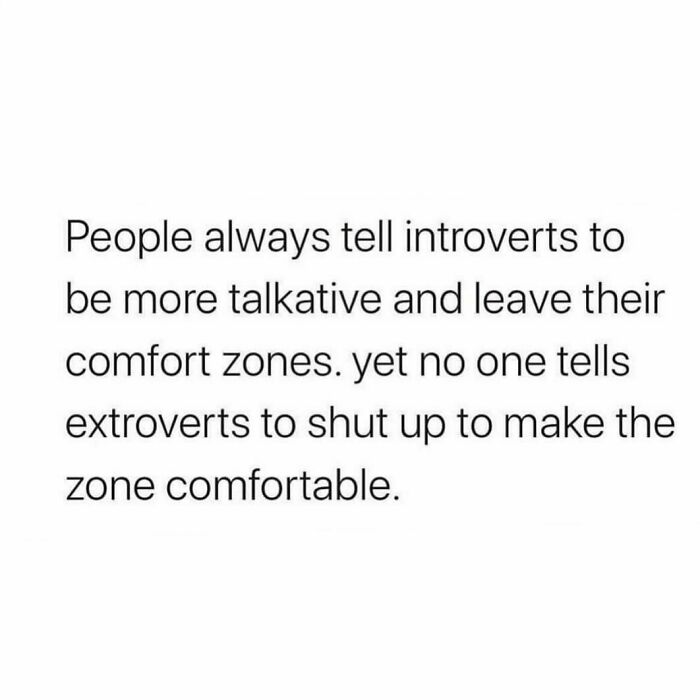
Maria founded the anti-social meme account 6 years ago because she thought it was the perfect place to express her emotions. It was a great chance to get in touch with people with similar feelings, opinions, and humor.
“I started the Instagram profile to overcome my social anxiety and shyness. I am an introvert and I needed this page to help me accept myself through creating and sharing memes related to introversion, social anxiety, and shyness,” she told us that she was trying to overcome the difficulties she was going through with humor.
“Eventually, people started to follow the page and I realized that I am not alone in this. Actually, many people have the same problems as me. Their support made me feel better and I hope that we make other people laugh and feel a little better. All this made me not quit, but continue creating and sharing content,” she opened up.
2.
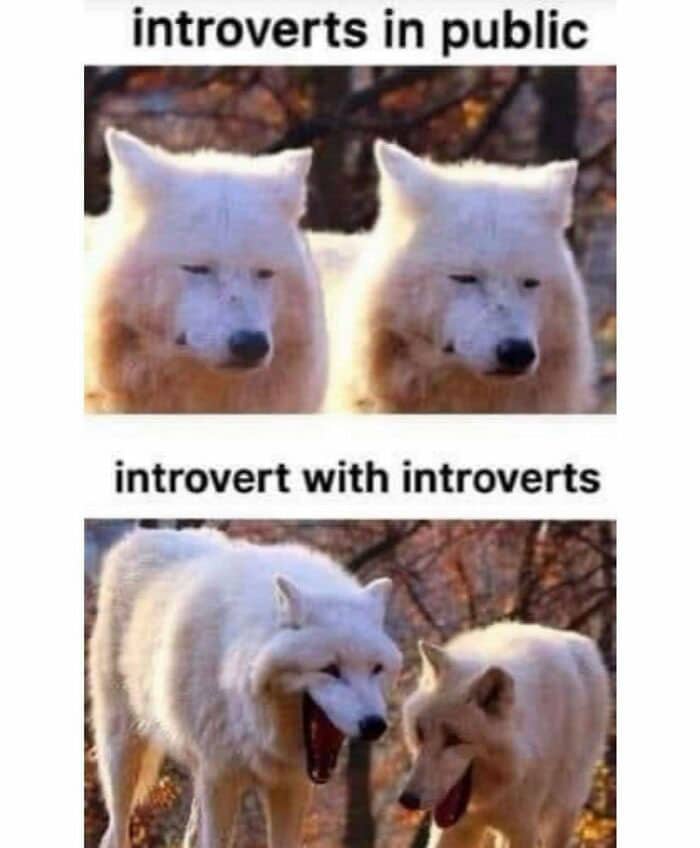
“At the moment, we administrate the page together with my older sister. We also started a YouTube channel—Mental Warrior. Mental health is really important and we are trying to raise awareness about social anxiety, depression, and similar things,” Maria explained that her interests have led her to try and help other people.
There is no secret to the success of the page. “There is only hard work, persistence, good and healthy humor. We try to use non-offensive humor. We express our feeling and we find that many people in the world feel like us and that makes them follow the page,” she told.
Maria thinks that there are different advantages to be had by both introverts and Extroverts. “We would not say that extroverts are usually valued more. We all have to find something that we are good at according to our competencies. Our YouTube channel is trying to help people accept themselves, see the positive things in their characters, understand what is happening to them, and encourage them to seek help if they need it and when they need it because no one should be alone.”
3.
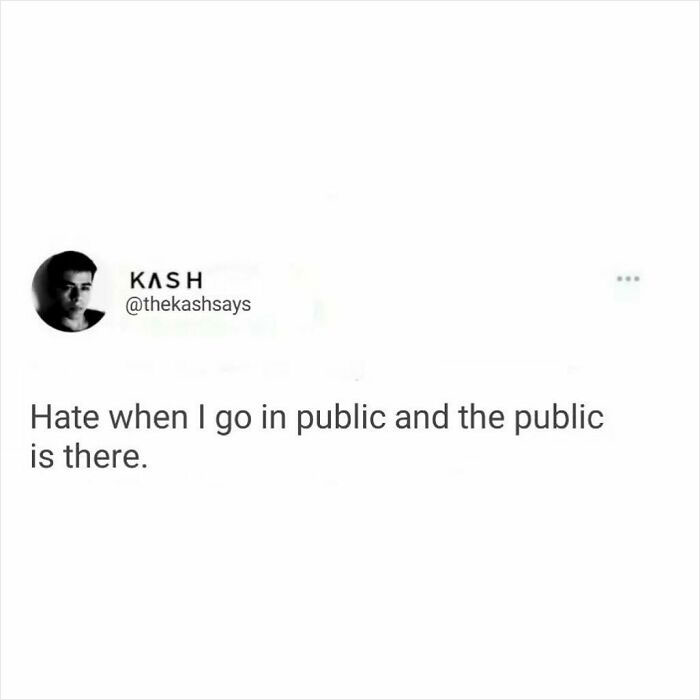
4.

Professor Degges-White from Northern Illinois University shared her thoughts on introversion, the effects of the Pandemic, and why it isn’t the same as those who are not social.
“During the pandemic, people who tend towards introversion were able to grow more comfortable in this identity and were able to disconnect from life’s requirements for ‘extroverted behaviors.’ While many extroverts had to spend more time alone, they didn’t necessarily grow more introverted, but found more ways to connect to others,” the counselor explained.
“In fact, research indicates that while the isolation offered ‘comfort’ to introverts and may have stressed out the more extroverted, it was actually the extroverts who ended up coping more effectively with the emotional distress of the pandemic. They stayed in contact with their typically larger social networks so they still were engaging socially even though it was done virtually,” she said that extroverts appear to have had the advantage during the pandemic.
“Introverts, though, while enjoying the ‘lifestyle of their dreams,’ suffered from isolation more acutely because they had smaller social circles to begin with and fewer opportunities to connect with others as well as less skill in doing so due to their introverted patterns.”
5.
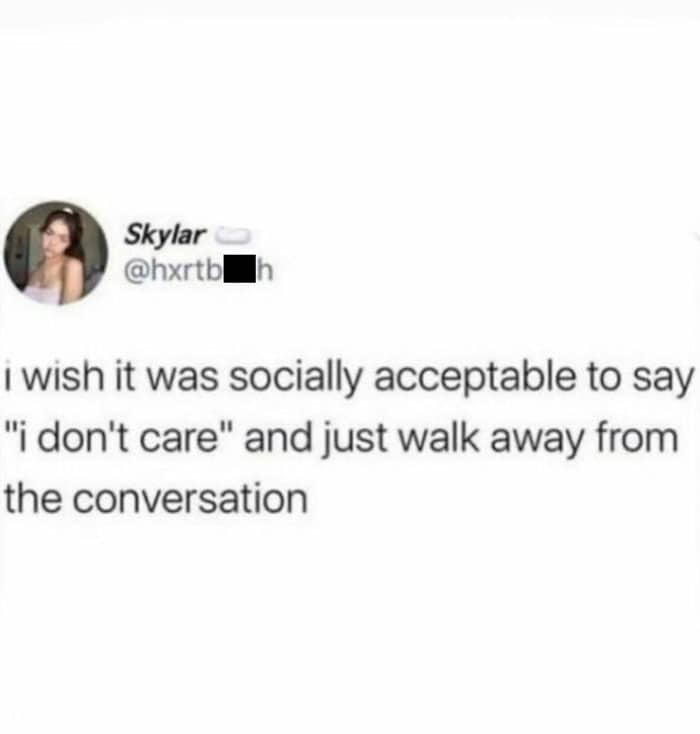
6.
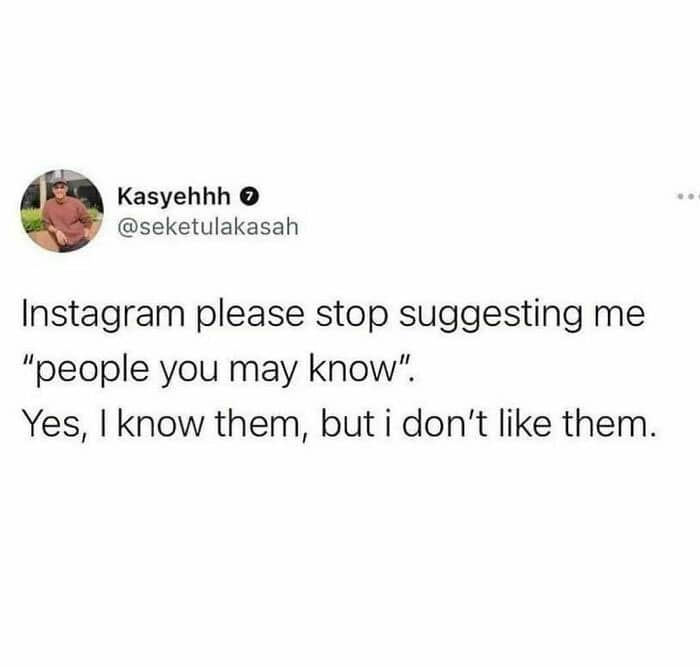
The professor said that introversion is not the same as antisocial behavior. “Introverts have interest in connecting and engaging in social relationships whereas antisocial folks tend to just prefer to avoid people at all,” she noted.
“Folks who prefer not to be around people are typically just ‘wired that way,’ and prefer the company of themselves, pets, or simply solitude. While these people are relatively rare in comparison to those who identify as introverts, the pandemic quarantines would have created no stressors whatsoever for those who would be labeled as antisocial,” the professor pointed out that the lockdowns did not lead to more antisocial people.
“Some folks, for whatever reason, don’t want to invest the time or energy into forging a significant number of non-essential social relationships. They are truly okay being the ‘odd person out’ and prefer time alone to time to socialize. Introverts like to have friends, romantic relationships, happy collegial connections with folks on the job, etc. Antisocial folks, though, eschew relationships and engage only when circumstances require it,” Professor Degges-White pointed out the difference to us.
7.
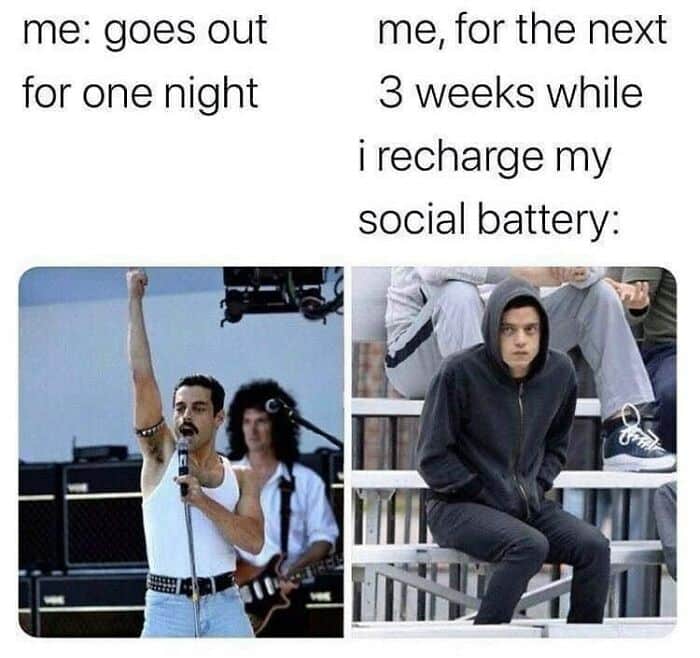
8.
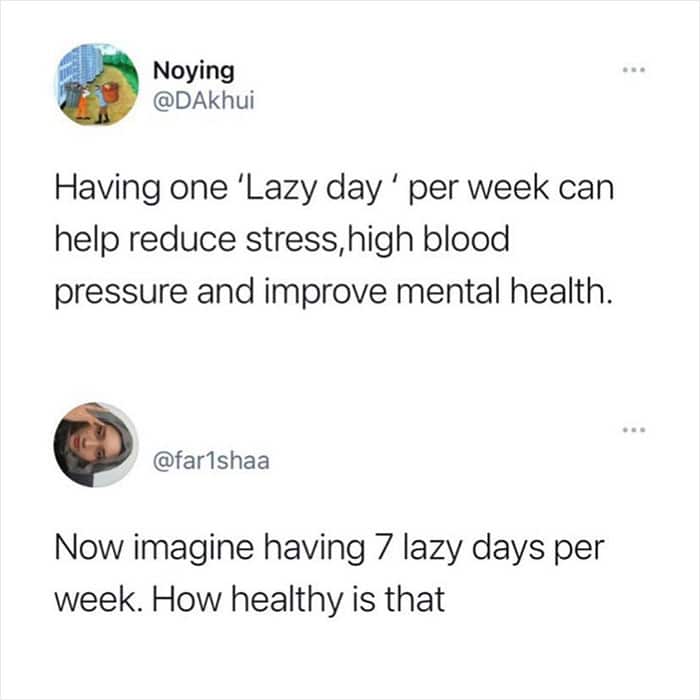
9.
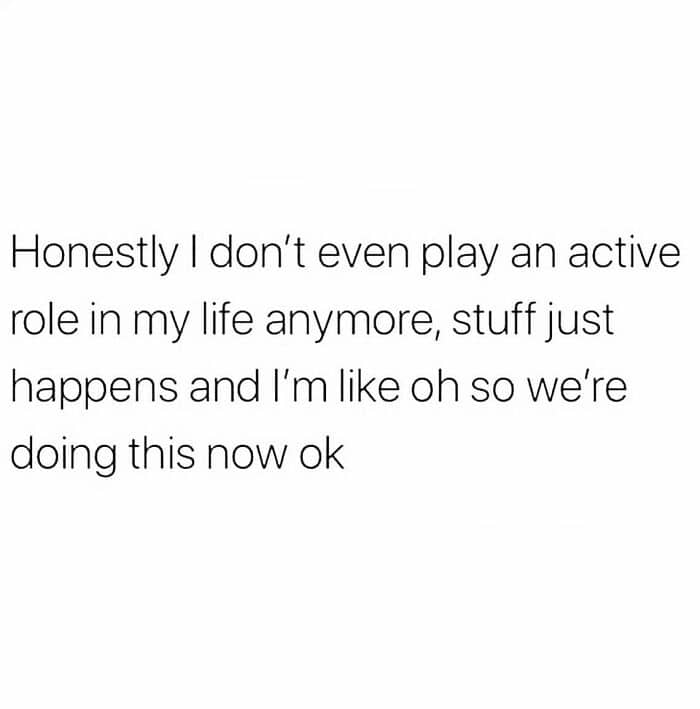
10.
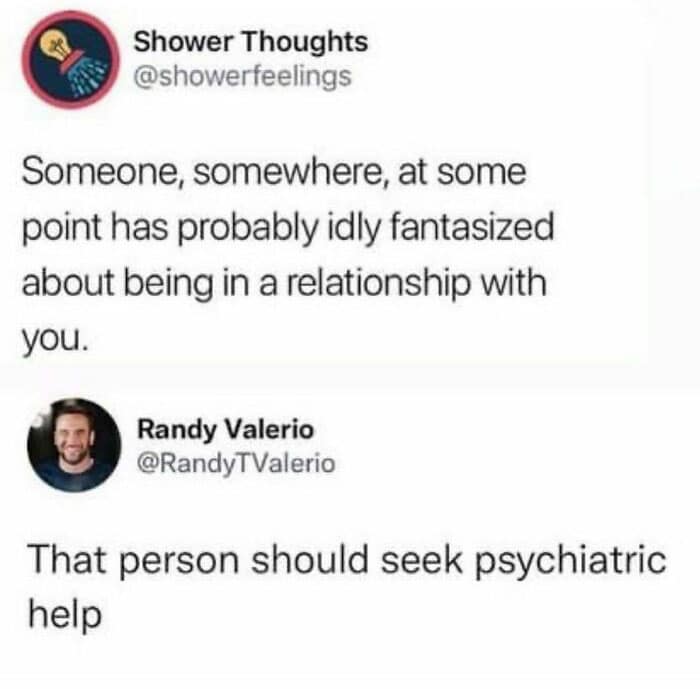
11.
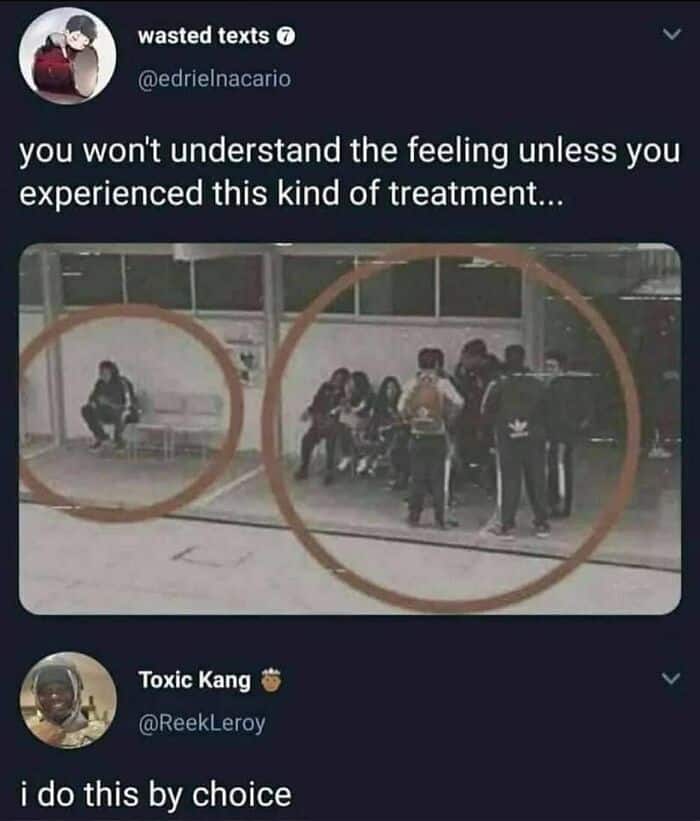
12.
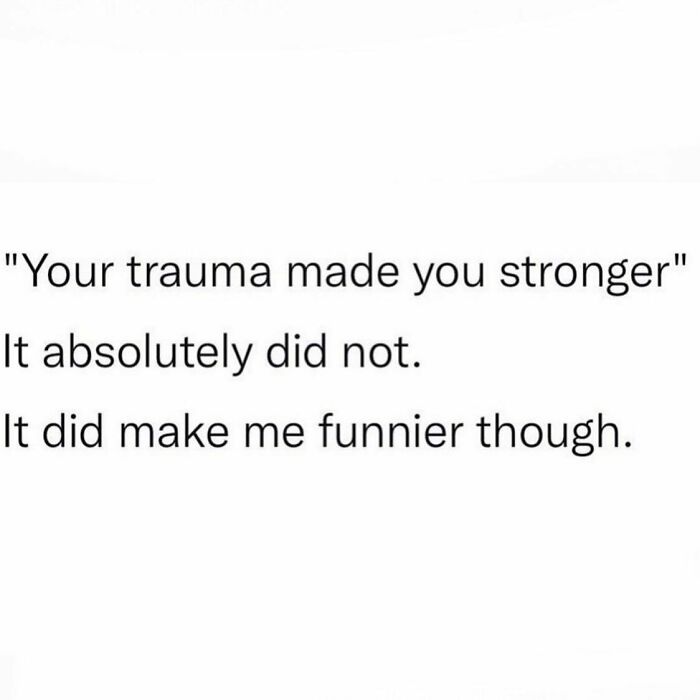
13.
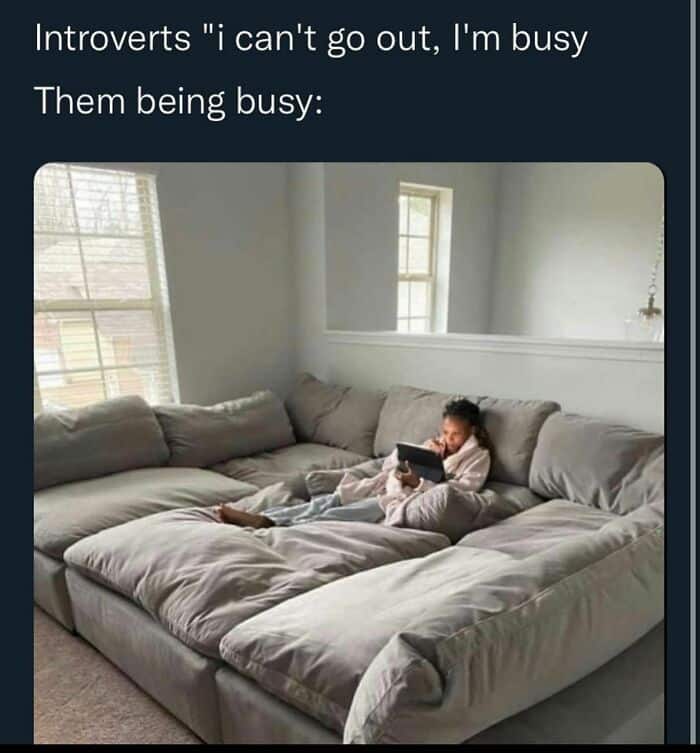
14.
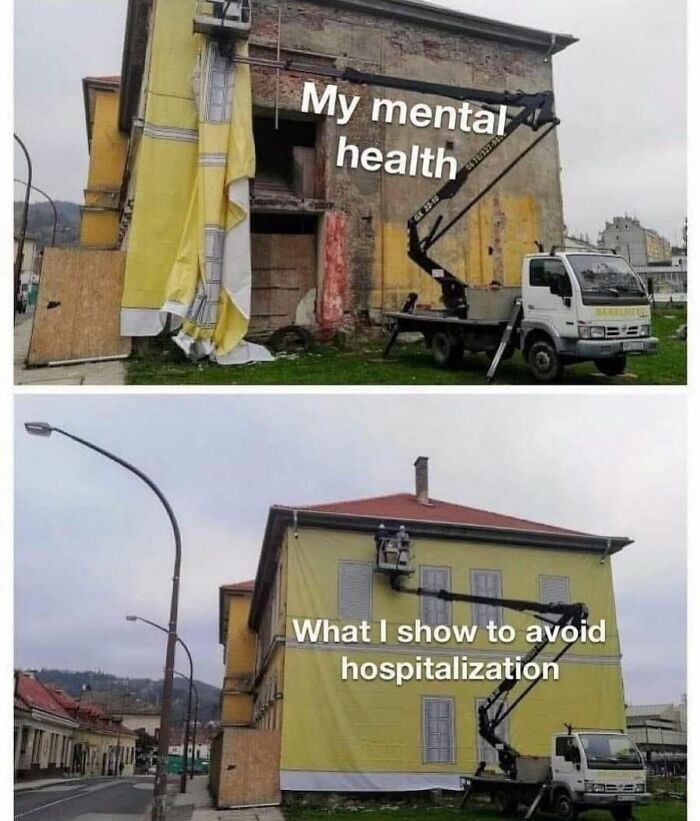
15.
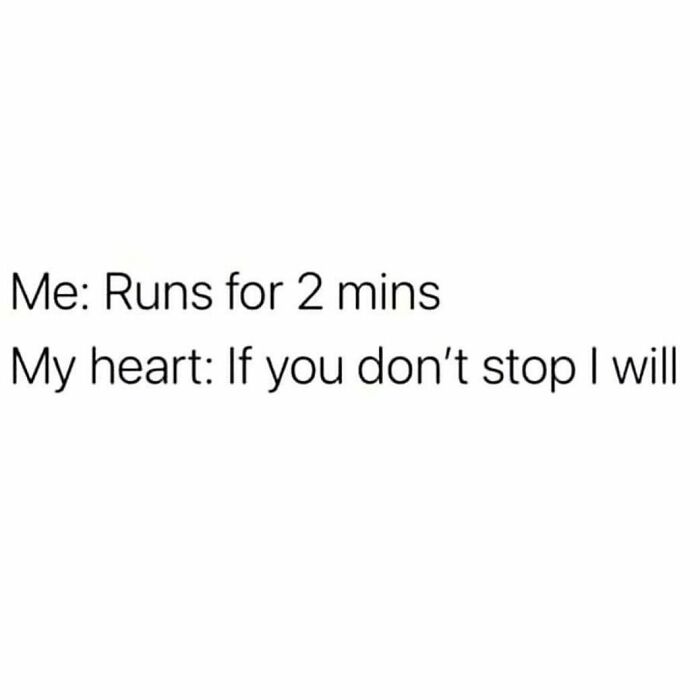
16.
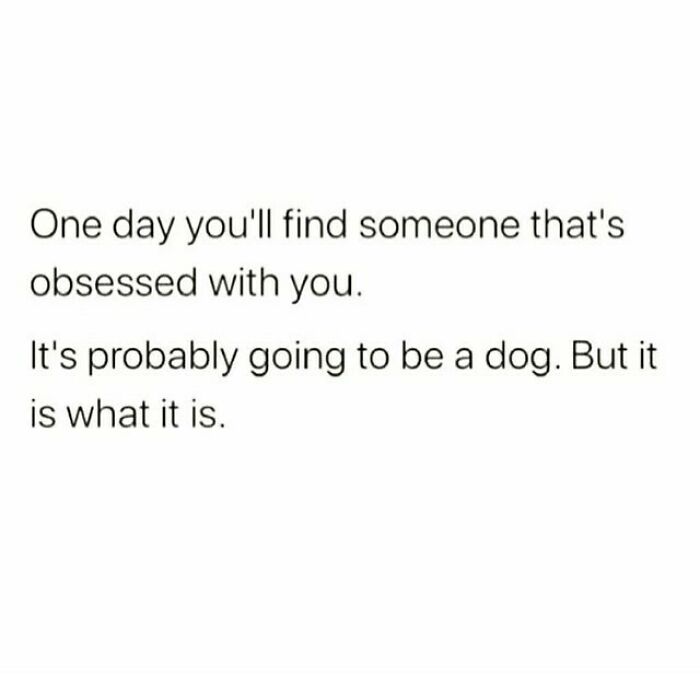
17.

18.
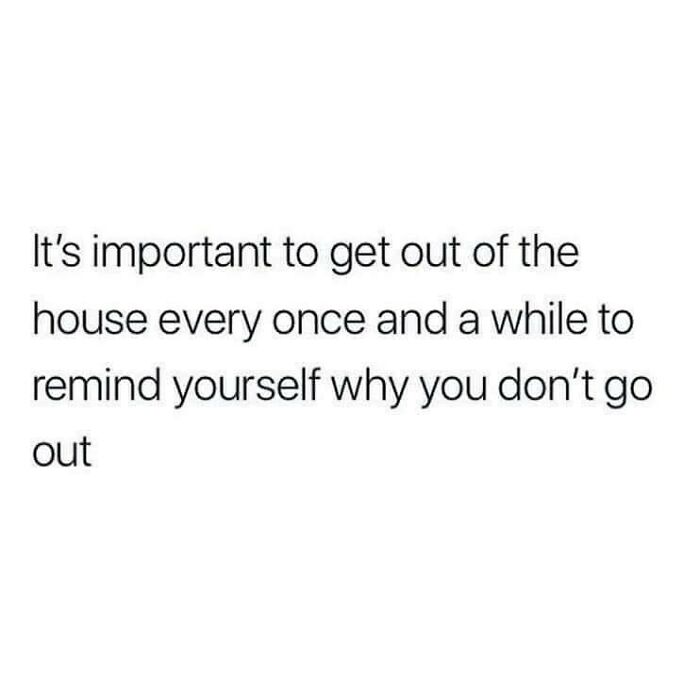
19.
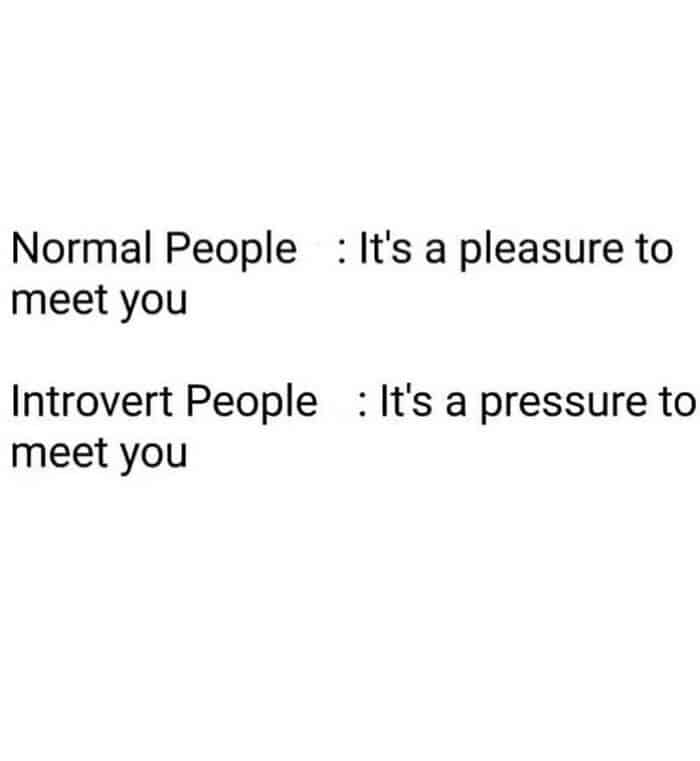
20.
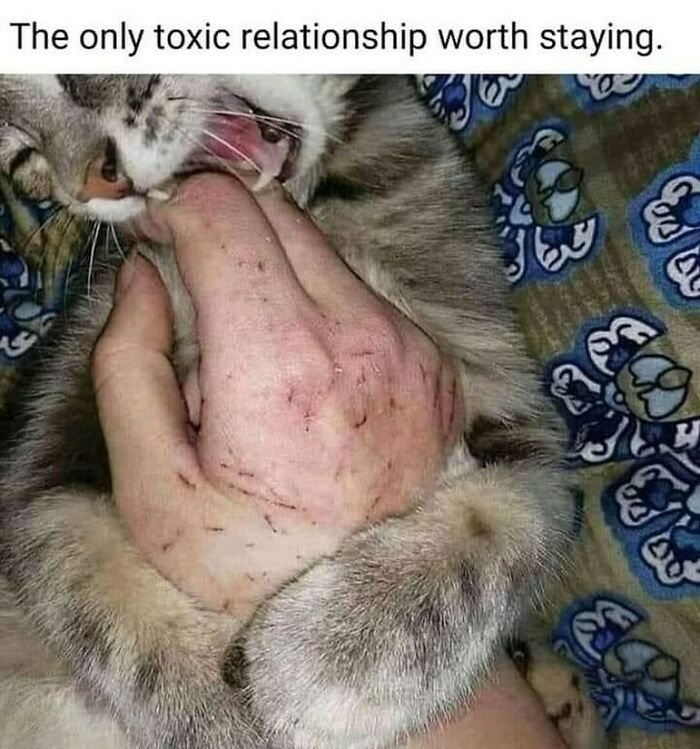
21.
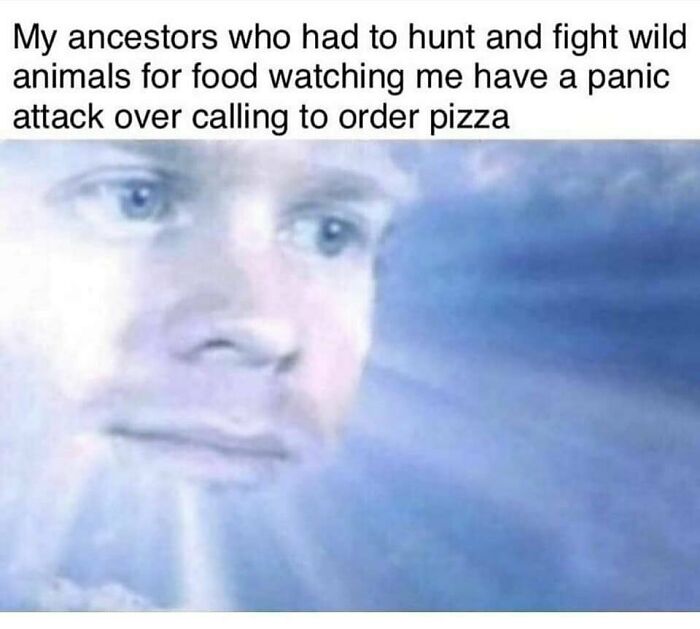
22.
